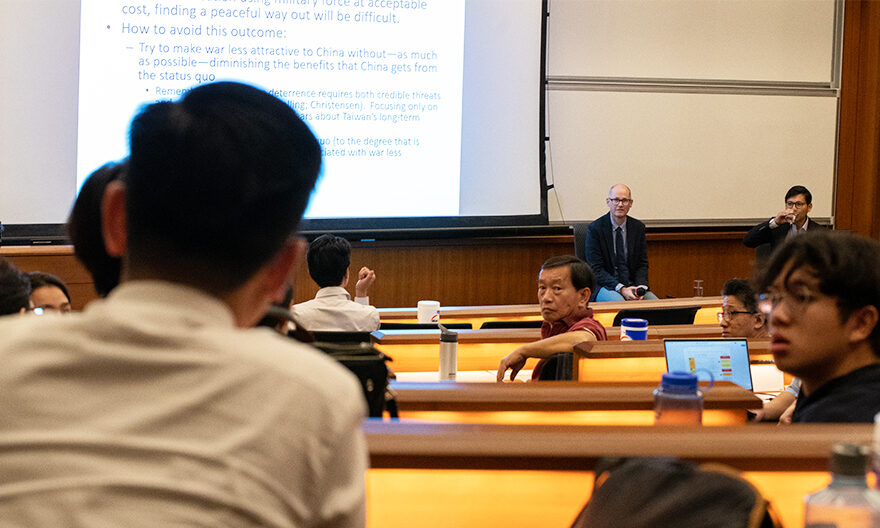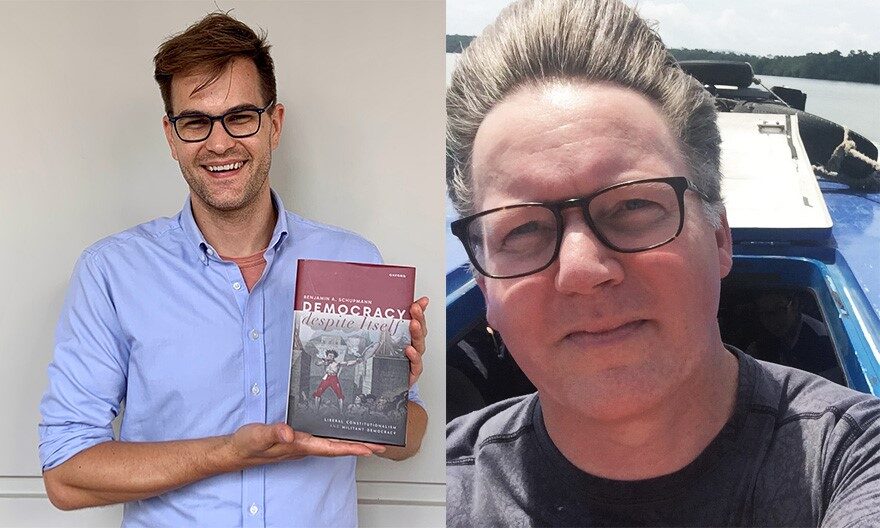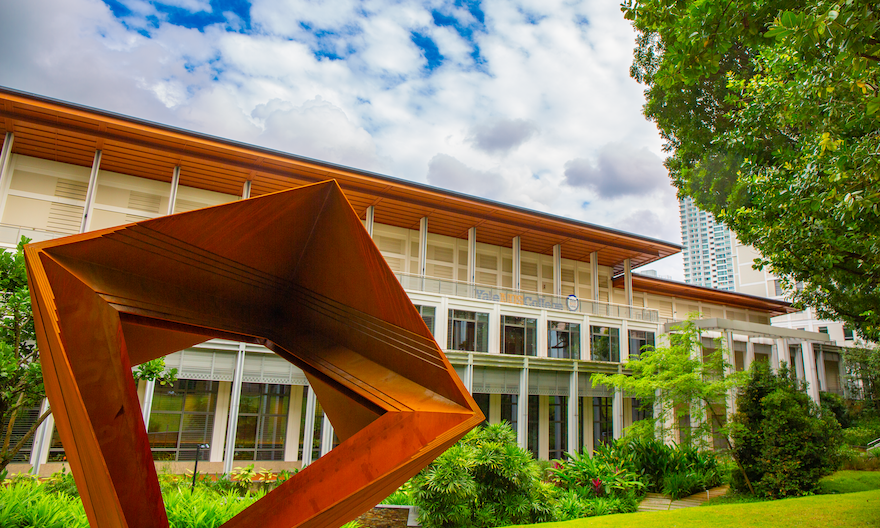Yale-NUS faculty, students, and alumni featured in the Singapore Writers Festival 2022
Yale-NUS leaves an impact on the local literary scene
For three weekends from 4 to 20 November this year, literary enthusiasts far and wide revelled in a gamut of book signings, workshops, and panel conversations at the Singapore Writers Festival (SWF). The SWF is Asia’s premier literary event and celebrates the spoken and written word of four languages— English, Mandarin, Malay, and Tamil— through shining a spotlight on local and Southeast Asian Creative talents. This year, the festival returned in full force for the first time since the COVID-19 pandemic, with the theme of “If”.
Yale-NUS Professor of Humanities (Literature) and Director of the Division of Humanities Rajeev Patke kicked off the festival with his keynote address, “What If: Writing as Resistance”. Building upon a metaphor by poet Marianne Moore, Prof Patke fleshed out the idea of expressive writing as representing “imaginary gardens with real toads in them”, and nudged audiences to contemplate the imaginative power of creative works to resist the “pressure of reality”.
 Yale-NUS Professor of Humanities (Literature) and Director of the Division of Humanities Rajeev Patke spoke at the keynote address at the Singapore Writers Festival 2022.
Yale-NUS Professor of Humanities (Literature) and Director of the Division of Humanities Rajeev Patke spoke at the keynote address at the Singapore Writers Festival 2022.
“Participating in the SWF is a good way of integrating what one does in the academic context of Yale-NUS or the National University of Singapore (NUS) with the community of writers and readers in Singapore,” shared Prof Patke. “It is always a pleasure to engage from the point-of-view of literary studies with issues outside the classroom, which are of general interest to the reading public in Singapore and to writers, both local and international.”
Another popular hit at the SWF was the Festival Gala, in which Yale-NUS Senior Lecturer of Arts and Humanities (Creative Writing) and Creative Writing Track Coordinator (Arts and Humanities) Lawrence Lacambra Ypil was actively involved. There, Mr Ypil engaged in vibrant conversations with American poet Claudia Rankine and with Singapore artist Bani Haykal, as well as presented his latest work— Ventanilla: Duet. The book, written in collaboration with Zurich-based global historian Martin Dusinberre, delves into the challenges of working with historical archives. More than that, shared Mr Ypil, Ventanilla: Duet is a celebration of conversation, and of the “necessary role of writing with other people that makes us grow as artists and writers”.
 Yale-NUS Senior Lecturer of Arts and Humanities (Creative Writing) Lawrence Lacambra Ypil was actively involved in a variety of events at the Singapore Writers Festival 2022.
Yale-NUS Senior Lecturer of Arts and Humanities (Creative Writing) Lawrence Lacambra Ypil was actively involved in a variety of events at the Singapore Writers Festival 2022.
In line with this sentiment, Mr Ypil expressed his gratitude for the collaborative spirit amongst writers at the festival. Under the umbrella of events by the SWF, Mr Ypil was invited to join a week-long residency hosted at the National Gallery of Singapore, where he dialogued with, bounced ideas off, and wrote side-by-side with nine regionally-based writers.
“This residency shed light on the importance of being in dialogue with and to grow with other writers in a community that cuts across different countries,” said Mr Ypil.
Additionally, Associate Professor of Humanities (Literature) Andrew Hui and Lecturer of Humanities (Writing and Literature) Carissa Foo were presenters on a panel called “Classics or “Nah-sis”?” The panel explored the resurgence of literary classics in today’s publishing scene, and on social media.
Yale-NUS student Max Pasakorn (Class of 2024), whose debut non-fiction chapbook A Study in Our Selves recently won the OutWrite 2022 Chapbook Competition, performed at a slam poetry event and was a presenter on a panel conversation, titled “If We Were Being Brutally Honest: Our Greatest Literary Pet Peeves”.
Furthermore, the SWF featured the launch of Yale-NUS alumni Myle Yan Tay and Kristian Paul (both from the Class of 2019)’s co-edited book, Brown is Redacted: Reflecting on Race in Singapore, which ruminates on the layered expansiveness of brown identity and belonging through personal histories and narratives.
As the event came to a close, Prof Patke looked back on what the SWF means to the local literary scene.
“The SWF this year enabled the momentum of pre-pandemic years to be revived as an opportunity for writers and readers to interact freely in ways that enrich reading, enhance awareness of the cultural diversity and richness of contemporary writing, and sustain Singapore’s role in a culture that respects writing as having to do with more than just helping us pass the time in a pleasant way,” said Prof Patke.




